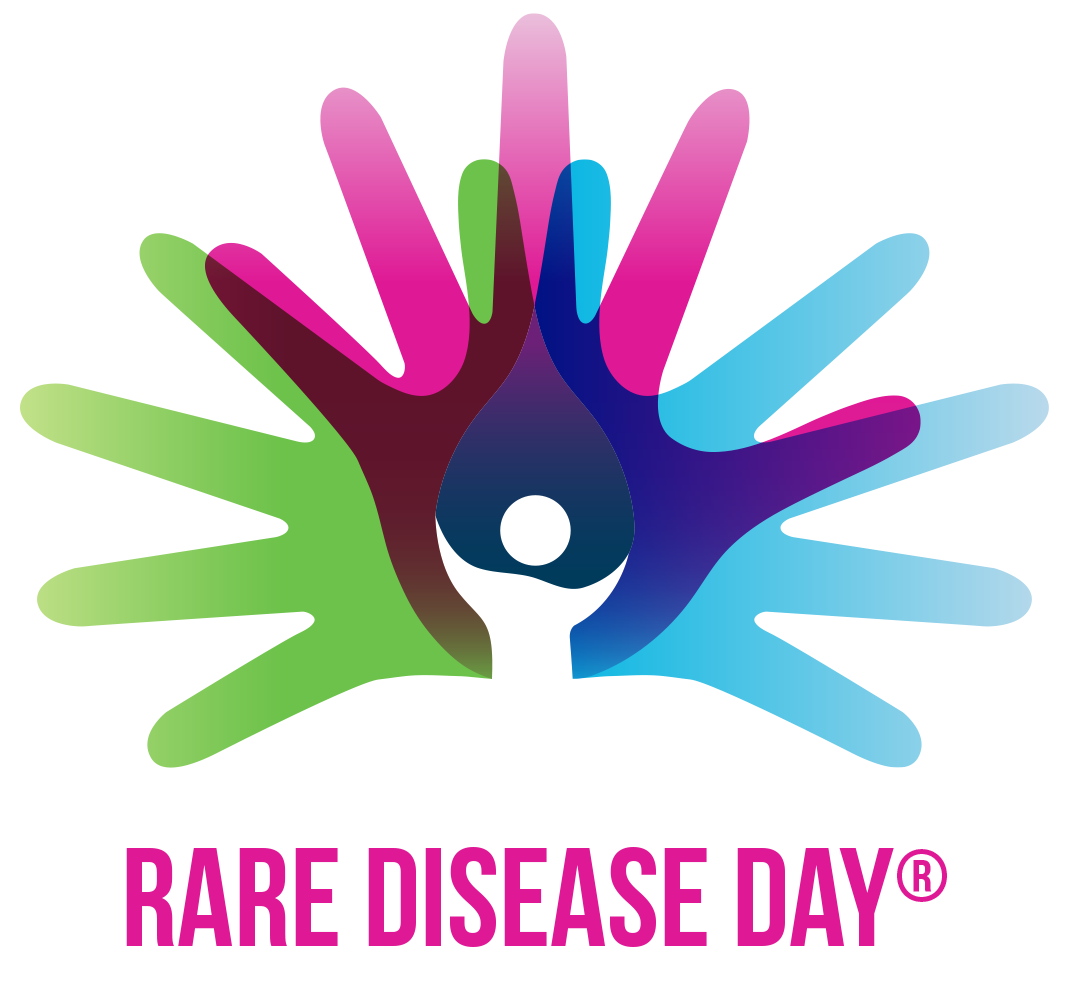World Braille Day 2026: Celebrating Accessibility and Inclusion for the Visually Impaired
Observed annually on January 4, World Braille Day raises awareness of the importance of Braille as a means of communication and as a tool for achieving the human rights of blind and visually impaired individuals. Celebrated since 2019, the day honors the legacy of Louis Braille, who invented the tactile reading and writing system in the 19th century, and highlights the ongoing efforts to promote accessible formats in education, health, and employment.
World Future Energy Summit is the world’s leading business event for future energy and sustainability, showcasing pioneering technologies and ground-breaking thinking in energy, energy efficiency, water, solar, waste, smart cities, climate and the environment. As a global hub for business, innovation and knowledge exchange, World Future Energy Summit inspires the advancement and transfer of ideas, technology and investment across borders and between the public and private sectors worldwide, helping stimulate sustainable growth for all.
International Day of Education 2026: Learning for Lasting Peace
Observed annually on January 24, the International Day of Education celebrates the essential role of education in promoting peace, sustainable development, and global unity. Established by the United Nations General Assembly in 2018, this day highlights the transformative power of education to shape resilient societies, create opportunities, and support the Sustainable Development Goals (SDGs).
Origins and Background
International Day of Human Fraternity 2026: Promoting Unity, Peace, and Tolerance
Observed annually on February 4, the International Day of Human Fraternity celebrates the importance of cultural and religious tolerance and promotes a global commitment to unity and peace. Established by the United Nations General Assembly in 2020 through Resolution 75/200, this day invites people and communities worldwide to support mutual respect and understanding across cultures and religions.
Origins and Background
World Radio Day 2026: Celebrating Radio's Legacy and Future Impact
Observed annually on February 13, World Radio Day honors radio’s unique role in bridging communities, disseminating information, and fostering social engagement. Established by UNESCO in 2011, this day underscores radio’s power to reach diverse audiences worldwide, serving as a medium for education, connection, and public safety. World Radio Day celebrates radio’s enduring significance and adaptability in an evolving digital landscape.
World Day of Social Justice 2026: Promoting Equality, Inclusion, and Human Rights
Observed annually on February 20, the World Day of Social Justice highlights the importance of addressing global challenges such as poverty, exclusion, unemployment, gender inequality, and human rights. Established by the United Nations General Assembly in 2007 (A/RES/62/10), this day advocates for social justice as a foundation for peace, equality, and sustainable development worldwide.










